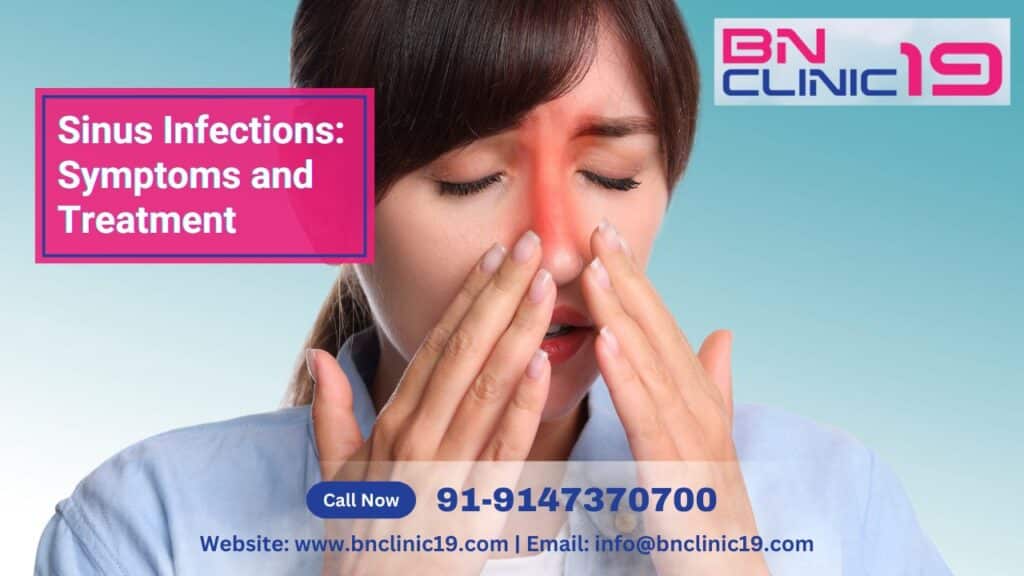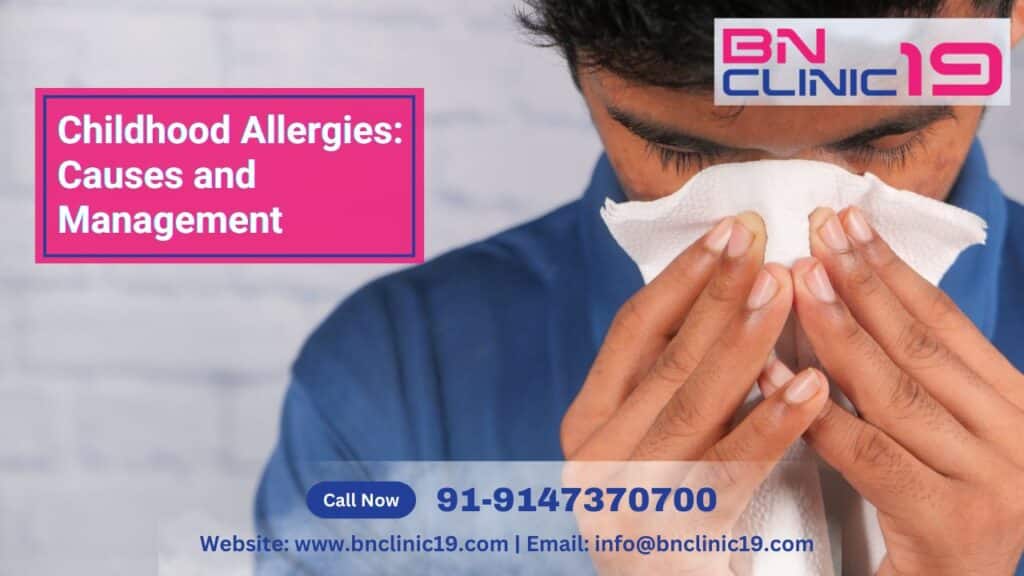Advanced Ear Surgery in Kolkata | Expert ENT Care at BN Clinic 19
Ear problems can significantly impact your daily life, causing pain, hearing loss, or recurrent infections. At BN Clinic 19, Kolkata, our experienced ENT specialists offer advanced ear surgeries for both adults and children. Whether you’re dealing with chronic ear infections, hearing issues, or structural abnormalities, we provide safe, effective, and personalized surgical care using the latest techniques. What Is Ear Surgery? Ear surgery, also known as otologic surgery, involves procedures to treat medical conditions affecting the outer ear, middle ear, or inner ear. Surgery may be recommended to treat: Chronic ear infections (Otitis Media) Perforated eardrums Hearing loss due to ossicle damage Cholesteatoma (abnormal skin growth in the ear) Congenital ear defects Balance disorders (in rare cases) Common Types of Ear Surgeries We Perform at BN Clinic 19 🔹 Tympanoplasty Surgical repair of a perforated eardrum, restoring hearing and preventing repeated infections. 🔹 Mastoidectomy Removes infected mastoid air cells caused by chronic ear infections or cholesteatoma. Prevents further damage to hearing and inner ear structures. 🔹 Myringotomy with Grommet Insertion Tiny tubes (grommets) are inserted into the eardrum to relieve fluid buildup and pressure in children and adults with frequent ear infections. 🔹 Stapedectomy Replaces the stapes bone in the middle ear to improve hearing in cases like otosclerosis. 🔹 Ossiculoplasty Reconstruction of the tiny bones (ossicles) in the middle ear to restore conductive hearing loss. 🔹 Canalplasty Reshapes or widens the ear canal to improve drainage or access to the eardrum. When Is Ear Surgery Recommended? Surgical intervention may be needed if you experience: Persistent or recurrent ear infections Chronic ear discharge Noticeable hearing loss A hole in the eardrum that doesn’t heal on its own Frequent earaches or fullness Balance problems related to inner ear issues Growth or abnormal structure inside the ear Diagnosis and Pre-Surgical Evaluation At BN Clinic 19, our ENT team uses a comprehensive approach to diagnose ear conditions: ✅ Otoscopy to examine the ear canal and eardrum ✅ Audiometry and hearing tests to measure hearing ability ✅ Tympanometry to assess middle ear function ✅ CT or MRI scans in complex cases ✅ Pre-surgical counseling and planning Why Choose BN Clinic 19 for Ear Surgery in Kolkata? Located at 19, Circus Row, Lower Range, Elgin, BN Clinic 19 offers state-of-the-art ENT care with a focus on patient safety and surgical precision. Why Patients Prefer Us: ✔️ Experienced ENT surgeons trained in advanced microsurgical ear techniques ✔️ Specialized care for both children and adults ✔️ Use of endoscopic and microscopic techniques for better outcomes ✔️ Personalized post-surgical rehabilitation and follow-up ✔️ Coordination with audiologists and hearing rehabilitation services Recovery and Postoperative Care Most ear surgeries are outpatient or require a short hospital stay. Recovery guidelines may include: Avoid water exposure in the ear for a few weeks Antibiotic drops or medications to prevent infection Follow-up hearing tests to monitor improvement Avoid air travel, strenuous activity, or loud noises temporarily When to Seek Immediate Medical Attention? 📍 Post-surgery, contact your doctor if you experience: Persistent ear discharge or bleeding Sudden hearing loss Dizziness or balance problems Facial weakness or numbness High fever or signs of infection Book Your Consultation Today at BN Clinic 19 Don’t let ear problems interfere with your hearing or quality of life. With modern diagnostics, surgical expertise, and compassionate care, BN Clinic 19 is your trusted center for ear surgeries in Kolkata. 📞 Call +91 9147370700 / +91 9147370701 to book your appointment with our ENT specialist today!
Advanced Ear Surgery in Kolkata | Expert ENT Care at BN Clinic 19 Read More »










